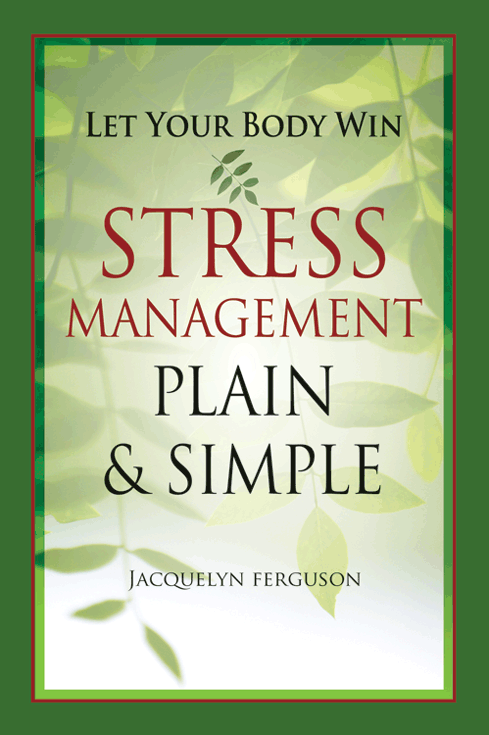Pessimistic people get depressed much more often
No matter how wonderful and stable a child’s life may seem, she still has stress: rejection by friends, difficulty with homework, dealing with a bully. Your children need to know that when they experience these set-backs, life’s not over; tomorrow is another day.
Children need hope and optimism to be resilient to stress and to persist in dealing with life’s inevitable ups and downs. The more realistically optimistic your children, the better they’ll deal with stress – usually.
Optimism is the fourth component your children’s Stress Safety Net, which helps them feel safe, secure and loved. This gives them the foundation to better handle stress throughout their lives.
Dr. Martin Seligman, a highly respected researcher in the field of cognitive psychology, has found in more than 1,000 studies involving more than a half-million children and adults, pessimistic people do worse than optimistic people in three ways, they:
- Get depressed much more often;
- Achieve less at school, on the job and in sports;
- Their physical health is worse;
With today’s depression rate ten times that of the 1950s, anything that can fight depression is vitally important, which optimism does.
However, sometimes pessimism is the more appropriate response. When the consequences are high that an optimistic view is wrong, it’s better to go with a pessimistic perception. For example, an optimistic perception of cheating on a test would be, “I won’t get caught.” If the consequences of being caught are too great, then the pessimistic, “I’ll get caught,” is the better way to go.
To help your children become more optimistic teach them the connection between their thoughts, feelings and behavior; what they think about a stressor determines how they feel emotionally about it, which determines how they react to it. Teach them that all-or-nothing words like always, never, everyone, no one, are indicators they’re probably thinking pessimistically and adding unnecessary stress to difficult situations.
For example, your daughter’s very interested in the boy who’s approaching her in the hall. She’s thinking, “He’ll never notice me because I’m always so boring.” She feels anxious, worthless and pessimistic.
Teach her, however, that she’s not feeling these emotions because he ignores her but rather because of what she’s telling herself about this possibility. Teach her to change what she thinks in order to change how she feels and responds.
She could think more optimistically, “Here he comes. He hasn’t noticed me before but maybe I can engage him in conversation. He won’t notice me unless I assertive myself.”
Obviously, he still may have no interest but – and this is a huge but – she can limit the damage by spinning it more optimistically. Understanding she feels rotten because she tells herself rotten things about herself teaches her to change what she thinks to something like, “It’s his loss.”
Many adults never learn that their feelings are determined by what they say to themselves. They never learn to take charge of their thinking. Instead, give your kids the gift of optimism with this self-empowering and stress reducing understanding.
 Jacquelyn Ferguson, M. S., is an international speaker and a Stress and Wellness Coach.
Jacquelyn Ferguson, M. S., is an international speaker and a Stress and Wellness Coach.

